Portuguese explorer Pedro Álvares Cabral is generally credited with having discovered Brazil. Cabral was born around 1467 in Belmonte, Portugal into a noble family related to the royal family. Because of Cabral's nautical training, King Emmanuel I anointed him Vasco da Gama's successor. He was to continue the exploration that had taken da Gama to Calicut, India. The king wanted to bolster the Portuguese presence in the Indies. On March 9, 1500, Cabral left Lisbon with a fleet of 13 ships. Explorer Bartolomeu Dias and Christian missionaries intent on converting locals were also included in the expedition. Cabral consulted da Gama and decided to follow a route similar to his. This choice led Cabral west of usual navigation routes in search of favorable winds and currents.
According to most accounts, the fleet ran into a storm off the Cape Verde Islands. One ship was forced to return to Portugal. Ocean currents dragged the ships southwest, across the entire Atlantic Ocean. On April 22, 1500, Cabral spotted an unknown land and claimed it for Portugal.Believing he had found an island, Cabral called it the Island of the True Cross. It was named Brazil after its pau-brasil trees. The deep red color of their wood was like embers, or brasa in Portuguese. Cabral landed in what is now the Brazilian state of Bahia. Spanish explorer Vicente Yáñez Pinzón had landed in the area several months earlier. But a treaty gave Portugal exclusive rights of exploration there since the Portuguese had most likely sighted the land first. Pinzón had to leave.
Roughly 10 days later, Cabral continued his journey east. Near the Cape of Good Hope, a storm destroyed four ships. After many misadventures, Cabral landed in Calicut on September 13, 1500. He met local rulers in hopes of expanding agreements made by da Gama. Negotiations were long, difficult and unsuccessful. Arab merchants in the area opposed Portuguese interference. An armed clash compromised any chance of reaching a business agreement. In 1501, Cabral went home with only four of the 13 original ships. Probably because of the lost ships and failed negotiations, Cabral was not entrusted with any more expeditions. He retired to private life and fell into obscurity. Pedro Álvares Cabral died in 1520. He was 53. But his name is forever tied to the discovery of Brazil.
According to most accounts, the fleet ran into a storm off the Cape Verde Islands. One ship was forced to return to Portugal. Ocean currents dragged the ships southwest, across the entire Atlantic Ocean. On April 22, 1500, Cabral spotted an unknown land and claimed it for Portugal.Believing he had found an island, Cabral called it the Island of the True Cross. It was named Brazil after its pau-brasil trees. The deep red color of their wood was like embers, or brasa in Portuguese. Cabral landed in what is now the Brazilian state of Bahia. Spanish explorer Vicente Yáñez Pinzón had landed in the area several months earlier. But a treaty gave Portugal exclusive rights of exploration there since the Portuguese had most likely sighted the land first. Pinzón had to leave.
Roughly 10 days later, Cabral continued his journey east. Near the Cape of Good Hope, a storm destroyed four ships. After many misadventures, Cabral landed in Calicut on September 13, 1500. He met local rulers in hopes of expanding agreements made by da Gama. Negotiations were long, difficult and unsuccessful. Arab merchants in the area opposed Portuguese interference. An armed clash compromised any chance of reaching a business agreement. In 1501, Cabral went home with only four of the 13 original ships. Probably because of the lost ships and failed negotiations, Cabral was not entrusted with any more expeditions. He retired to private life and fell into obscurity. Pedro Álvares Cabral died in 1520. He was 53. But his name is forever tied to the discovery of Brazil.
RELATED
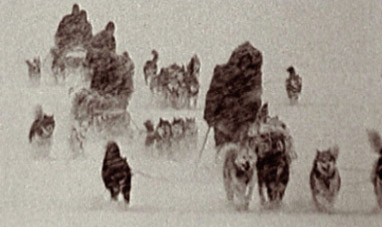

DISCOVERING THE SOUTH POLE
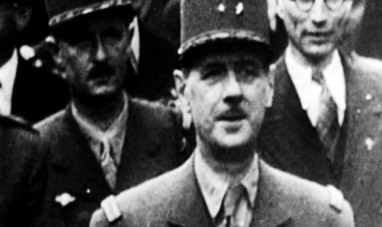

CHARLES DE GAULLE
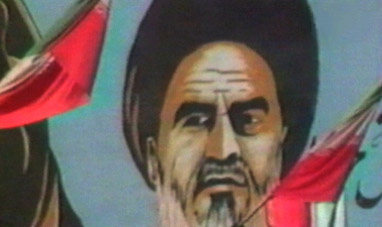

RUHOLLAH KHOMEINI
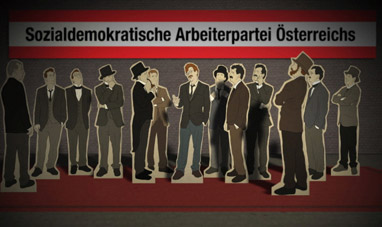

VIKTOR ADLER
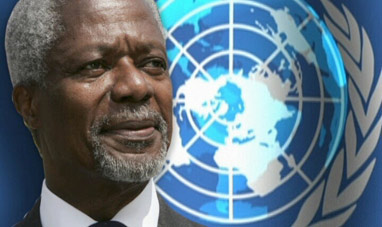

KOFI ANNAN
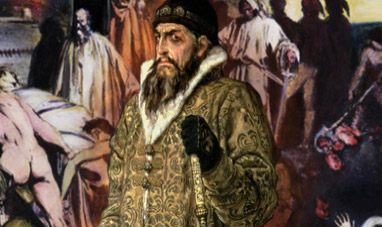

IVAN THE TERRIBLE
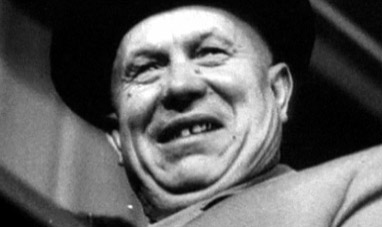

NIKITA KHRUSHCHEV
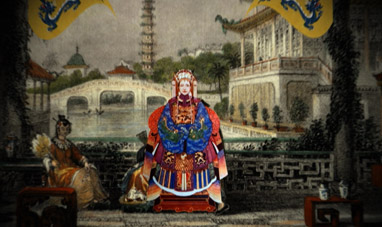

CIXI, DOWAGER EMPRESS OF CHINA
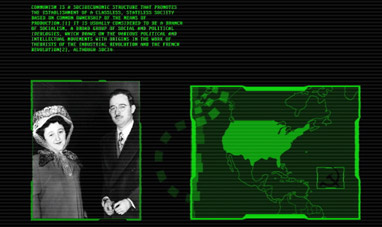

ROSENBERGS, THE
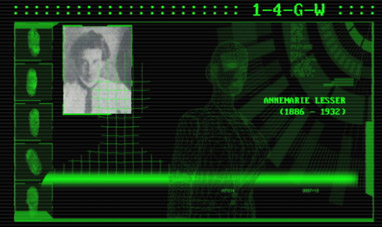

FRÄULEIN DOKTOR
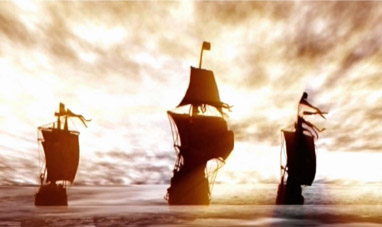

DISCOVERY OF AMERICA, THE
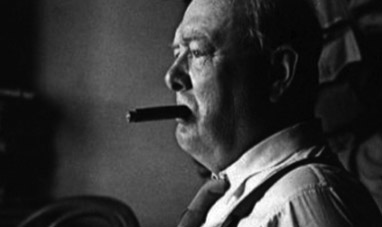

WINSTON CHURCHILL
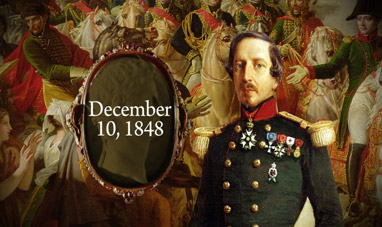

NAPOLEON III
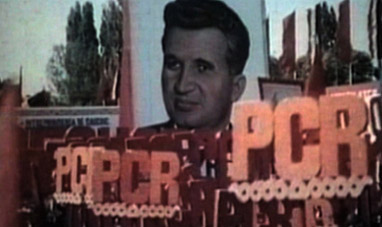

NICOLAE CEAUSESCU
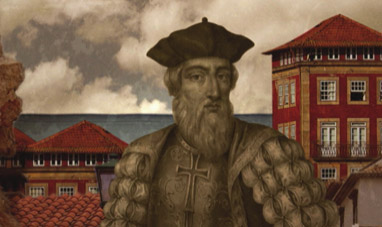

VASCO DA GAMA
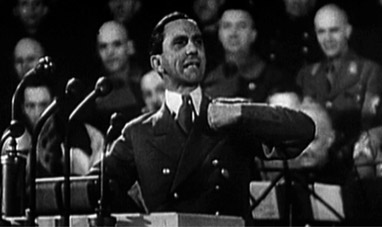

JOSEPH GOEBBELS
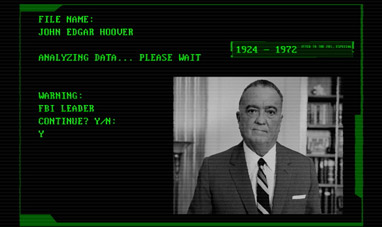

JOHN EDGAR HOOVER


CECIL RHODES
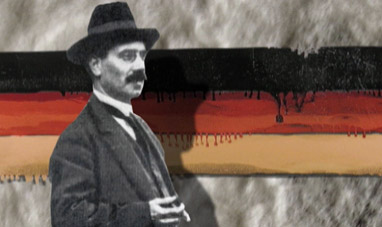

KARL LIEBKNECHT
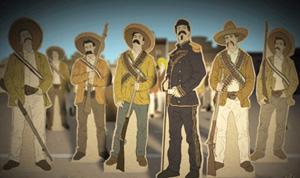

PORFIRIO DÍAZ
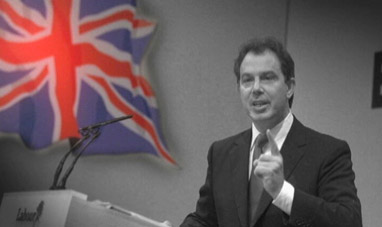

TONY BLAIR
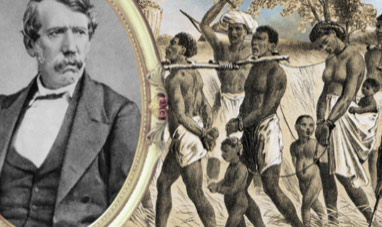

LIVINGSTONE, DAVID
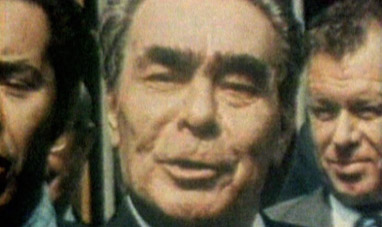

LEONID BREZHNEV
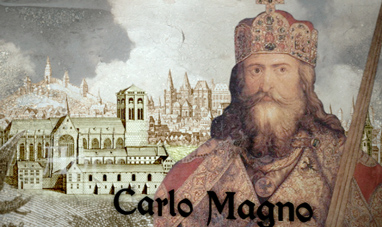

CHARLEMAGNE
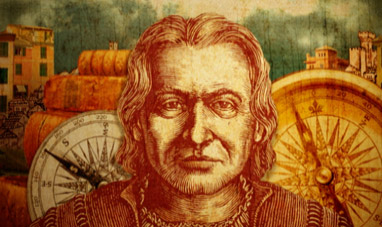

COLUMBUS, CHRISTOPHER
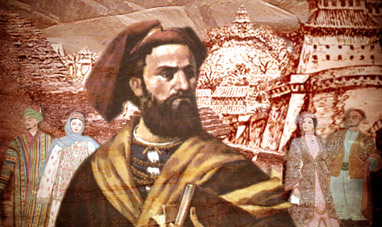

MARCO POLO
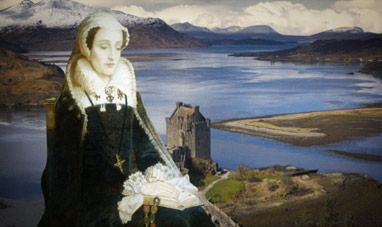

MARY STUART
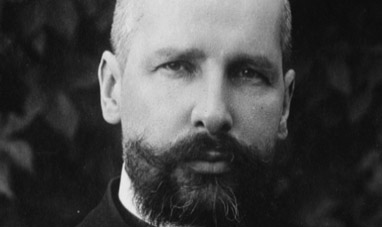

PYOTR STOLYPIN
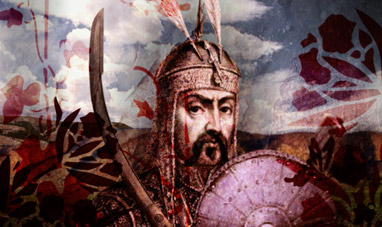

GENGHIS KHAN
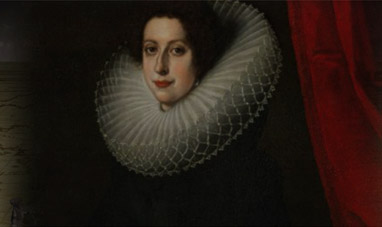

CATHERINE DE MEDICI
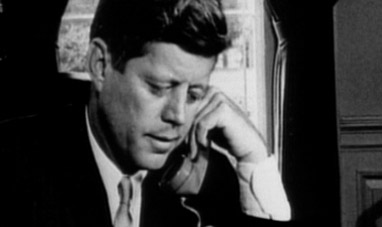

JOHN FITZGERALD KENNEDY
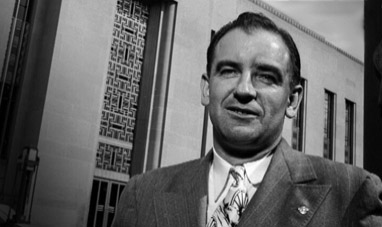

JOSEPH MCCARTHY
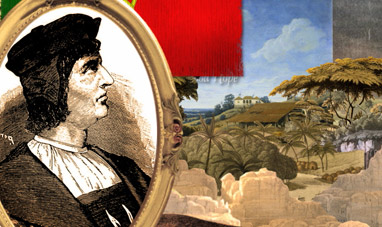

BARTOLOMEU DIAS
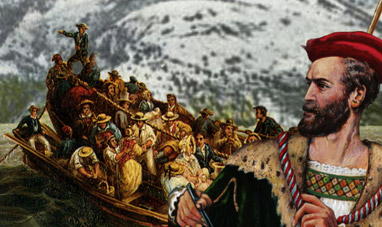

JACQUES CARTIER
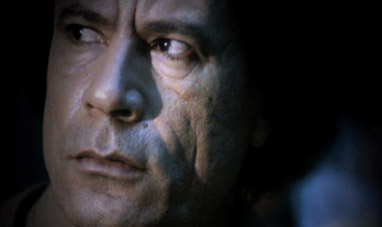

MUAMMAR EL-QADDAFI
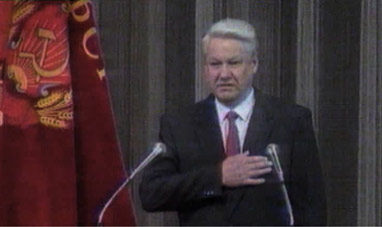

BORIS YELTSIN
